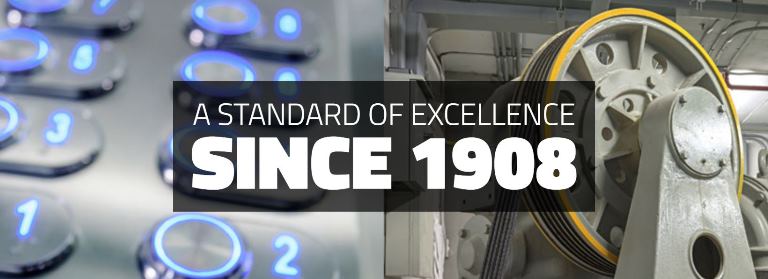We
have been receiving quite a few calls lately asking about elevator inspections
and the requirement. This will be about
the AHJ[Authority having jurisdiction] which would be your town or city’s
elevator inspection firm. In the State
of Illiniois for the most part a town hires an elevator inspection firm to
complete the elevator inspections for that city or village. Over the last few
years the elevator inspections have changed dramatically. What was a one or twice a year visit with a
reasonable bill of $50 to $150 each visit has gone to a requirement to have the
following inspections
- Periodic inspections[typically once or twice a year]
- Witnessing Category 1 and Category 5 testing[annual and 5 year testing]
- And permit work inspections – this year the popular one is door restrictor inspectionsWhat this means is that the $100 to $300 a year bill for elevator inspections with the Village or City elevator inspector has risen significantly. Are these legitimate inspections, yes they are, how much should a building pay? Well that is up to the AHJ, inspection firm and building owners. As an elevator maintenance company we get in the middle of these conversations at times because we get billed for the CAT 1 and CAT 5 test witnessing fees and these are typically billed higher than the agreed upon periodic inspectionWhile money is always a concern for everyone from the building owner, AHJ and inspection firm, it does take a qualified person to complete these inspections and qualified people are in high demand because there are not enough elevator inspectors out there working as elevator inspectors. Many elevator personnel may be qualified to do elevator inspections, however, we choose to work on a different side of the business in the field or working in an office of an Elevator Company who does maintenance, service, new construction, etc. The most important item is to make sure the elevator system is in a safe condition for the public. It is getting more expensive but I can guaranty it is much less expensive than a legal issue, a longevity of equipment issue due to poor maintenance or being the person who tripped out of an elevator or got hit by a door because the elevator inspector is not going to the building and make sure the elevator maintenance company is not completing their job properly.If you have an questions or would like information from Colley Elevator you can go to www.colleyelevator.com, email Craigz@colleyelevator.com or call 630-766-7230.
